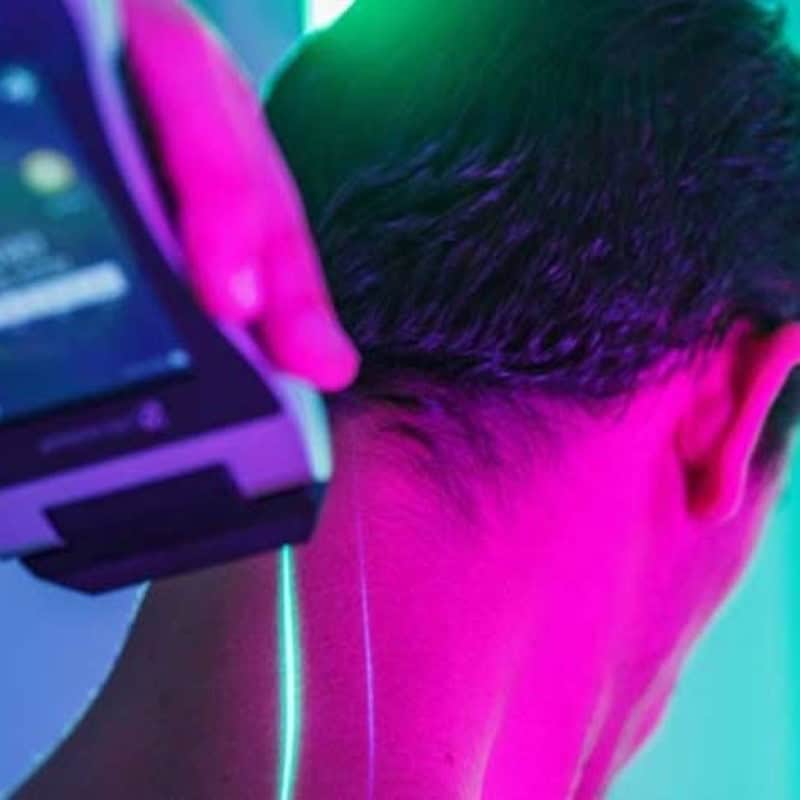Services
More Services
These supplementary services are designed to support and optimize neurological function and overall health.
Services
Enhancing Neurological Function & Health
Hyperbaric Oxygen Therapy
HBOT is a safe treatment to improve neurological function including brain function, enhance neuro-regeneration and neuroplasticity. HBOT accomplishes this by saturating the blood with oxygen. The enhanced oxygen levels can be transported to tissues throughout the body, including the brain. Hyperbaric Oxygen Therapy (HBOT) has shown promise in treating a variety of neurological issues. Some of the conditions for which HBOT is being used or studied include:
- Autism Spectrum Disorder (ASD)
- Traumatic Brain Injury (TBI)
- Cerebral Palsy (CP)
- Post Concussion Syndrome (PCS)
HBOT has been used to treat a variety of chronic health issues including:
- Lyme Disease
- Autoimmune Diseases
- Multiple Sclerosis
- Chronic Inflammatory Conditions


Infrared Sauna
Infrared Sauna’s have gained popularity for their health benefits, including those related to neurological function & health. Unlike traditional saunas which just heat the air around you, infrared saunas use infrared light to penetrate the body deeper to deliver a superior therapeutic effect, including benefits to the nervous system. Some of these benefits include:
- Reduction of Inflammation
- Improvement of Mood and Anxiety
- Enhanced Detoxification
- Neurogenesis and Brain Health
Low Level Laser Therapy (LLLT)
Low-Level Laser Therapy, also known as photobiomodulation (PBM) therapy, is a non-invasive treatment that uses low-intensity lasers to stimulate cellular function and promote healing. LLLT has shown potential in treating various neurological conditions by supporting the health and function of the nervous system. Here are some of the benefits of LLLT to the nervous system:
- Neuroprotection
- Promotion of Neurogenesis and Nerve Regeneration
- Reduces Neuroinflammation
- Improved Cognitive Function


Multi-Spectrum Light Therapy
Multi-spectrum light therapy offers a range of neurological function benefits by leveraging the unique effects of red, blue, infrared, and ultraviolet light:
- Red Light: Enhances brain function, promotes neurogenesis (growth of new neurons), and supports cognitive health by improving blood flow and reducing oxidative stress.
- Blue Light: Regulates circadian rhythms, improves alertness and mood, and helps manage symptoms of seasonal affective disorder (SAD) and other mood disorders.
- Infrared Light: Offers deep tissue healing, reduces inflammation and pain, and supports neuroprotection by reducing oxidative stress and enhancing mitochondrial function.
- Ultraviolet Light: Supports vitamin D production, which is crucial for brain health, mood regulation, and overall cognitive function.
Together, these light therapies can improve mental clarity, support mood balance, enhance cognitive function, and promote overall neurological health while also promoting radiant skin and enhanced beatification.
Moms love this one!
Come See Us!
Request a New Appointment
Testimonials
What our clients say

